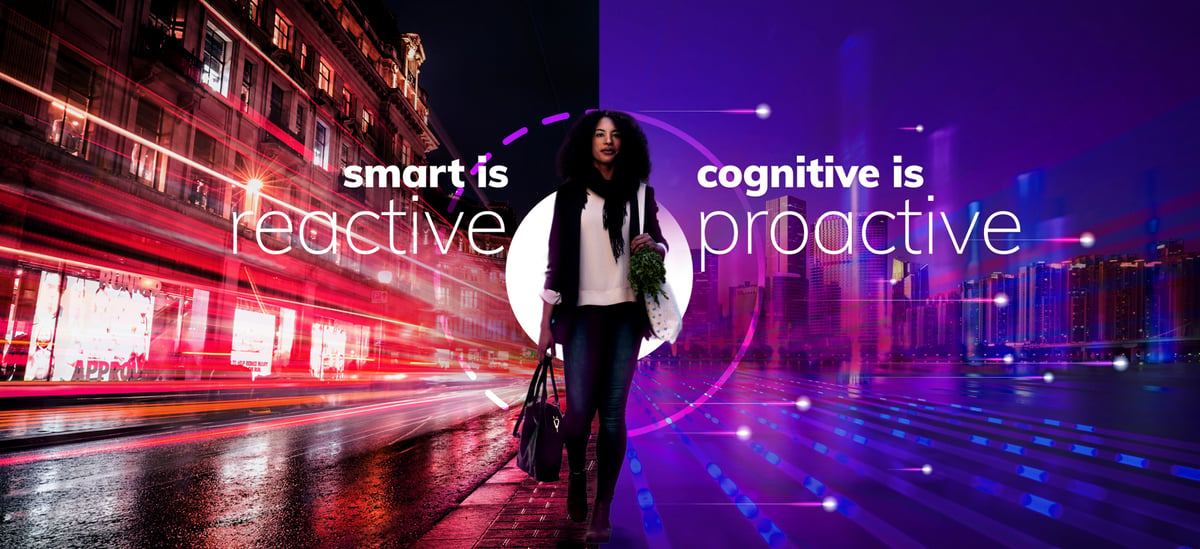
Cognitive City vs Smart City
A smart city focuses on real time information, whereas the cognitive city is about being proactive and predictive.
When Joseph Bradley speaks his voice is filled with excitement and hope because as the CEO of TONOMUS he has a vision for how people and cities can better coexist in the future.
TONOMUS is a world-leading technology company which is building the cognitive tools and solutions that will transform urban life. NEOM, the cognitive city it is helping to construct in the desert of Saudi Arabia, aims to make the smart cities of today look like relics of the early 21st Century.
TONOMUS is a world-leading technology company which is building the cognitive tools and solutions that will transform urban life. NEOM, the cognitive city it is helping to construct in the desert of Saudi Arabia, aims to make the smart cities of today look like relics of the early 21st Century.
This is about more than smart phones, smart watches, smart speakers and the other gadgetry of modern urban living. Cognitive technology supports computing that operates at a higher level by connecting devices together. “A smart city focuses on real time information,” explains the TONOMUS CEO. “Whereas the cognitive city already knows that real time is too late. It is about being proactive and predictive.”
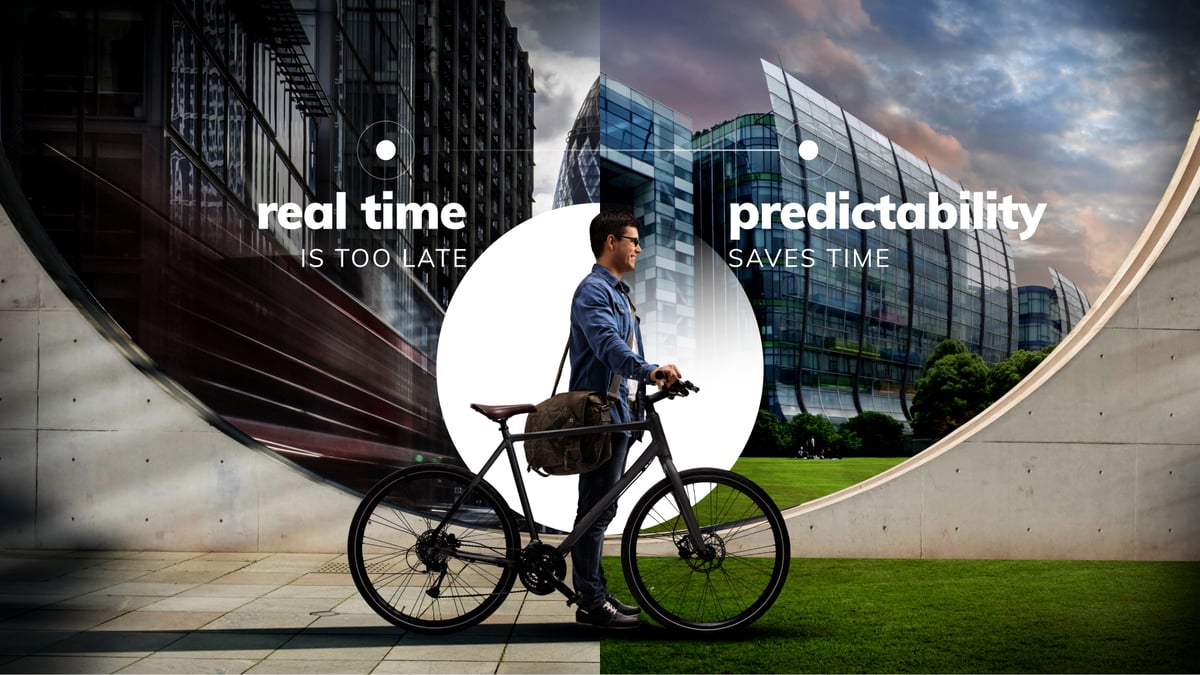
The cognitive city is a data-centric community that learns, creates memories, and retrieves experiences to continuously improve urban living. Going far beyond automation, it centralizes human experience, even where that means compromising efficiency.
— Joseph Bradley, CEO, TONOMUS NEOM
While the smart city’s top- down hierarchy and focus on present-day efficiency limits its adaptability to change, the cognitive city is a multi-directional learning cycle, combining individual preferences and needs with the analysis and recommendations that flow from them. This cycle constantly evolves to benefit both the individual and the city itself.
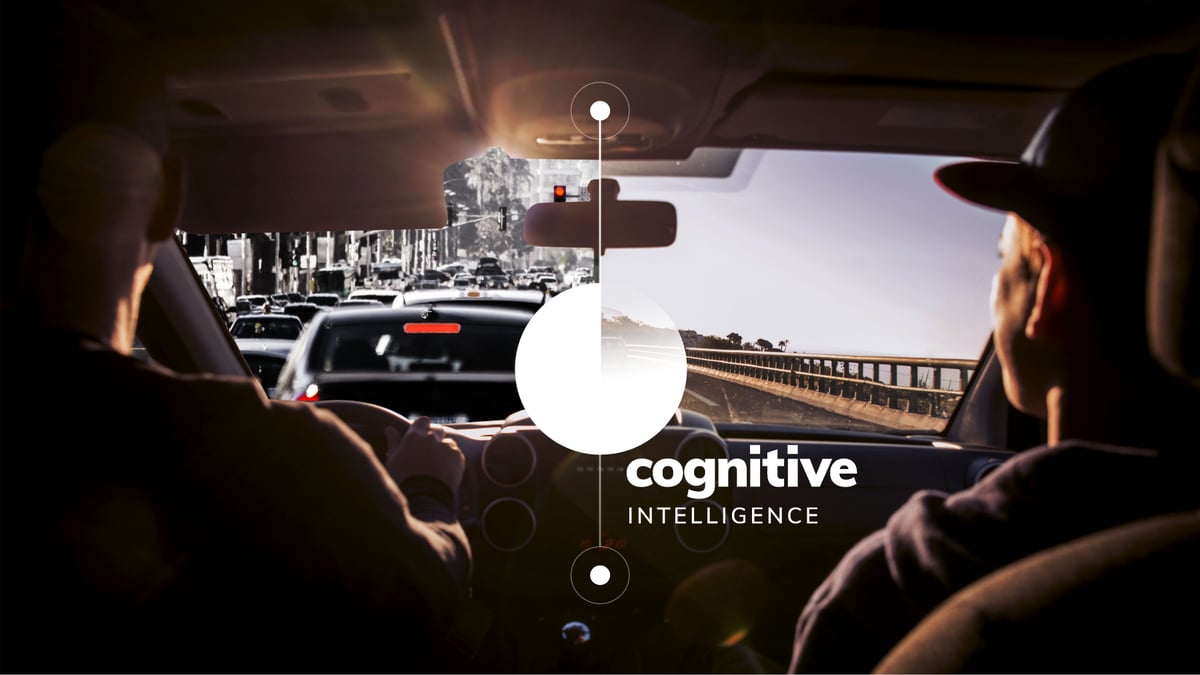
Imagine, says Bradley, a world where you no longer worry about traffic hold-ups or car breakdowns because your cognitive intelligence is “working in the background” to support smart decision-making, re-routing your journey or detecting signs that your vehicle needs a service, then booking an appointment and a rental motor at maximum convenience to your schedule. There would be no need for a screen of individual smartphone apps, he says. “You don’t have to do passwords and calculations, [the technology] is all around you, for you and with you.”
Envisage a multilingual business meeting, suggests Bradley, where “you simply speak in your own language” because your virtual assistant provides a real-time translation service to colleagues. Meanwhile it will simultaneously coordinate travel arrangements for an appointment that follows the meeting, and reconfigure the schedule should the meeting overrun.
Envisage a multilingual business meeting, suggests Bradley, where “you simply speak in your own language” because your virtual assistant provides a real-time translation service to colleagues. Meanwhile it will simultaneously coordinate travel arrangements for an appointment that follows the meeting, and reconfigure the schedule should the meeting overrun.

Part of a US$1 billion Saudi Arabian government investment in artificial intelligence (AI) products and services for the national economy, TONOMUS is building the world’s first mixed-reality metaverse as a digital twin of NEOM city. Residents and visitors will enjoy a living experience that seamlessly merges physical/real world and virtual/digital environments. In this twin world it will be possible to present 3D augmented reality (AR) designs of a prototype to investors, to experience virtual reality (VR) concerts and book a personalized training session with a personal trainer who appears in Avatar. The technology can benefit not just NEOM but the entire world.
The TONOMUS future is based on a new and “very transparent” relationship between customers and their data, he says. “Data and trust is really, really core to a cognitive city. If we don’t establish trust and can’t get your data, we can’t create value.” The cognitive city that TONOMUS is supporting from the ground up will leverage 95% of consented data compared to the 5% used by smart cities. This creates enormous possibilities.
The TONOMUS future is based on a new and “very transparent” relationship between customers and their data, he says. “Data and trust is really, really core to a cognitive city. If we don’t establish trust and can’t get your data, we can’t create value.” The cognitive city that TONOMUS is supporting from the ground up will leverage 95% of consented data compared to the 5% used by smart cities. This creates enormous possibilities.
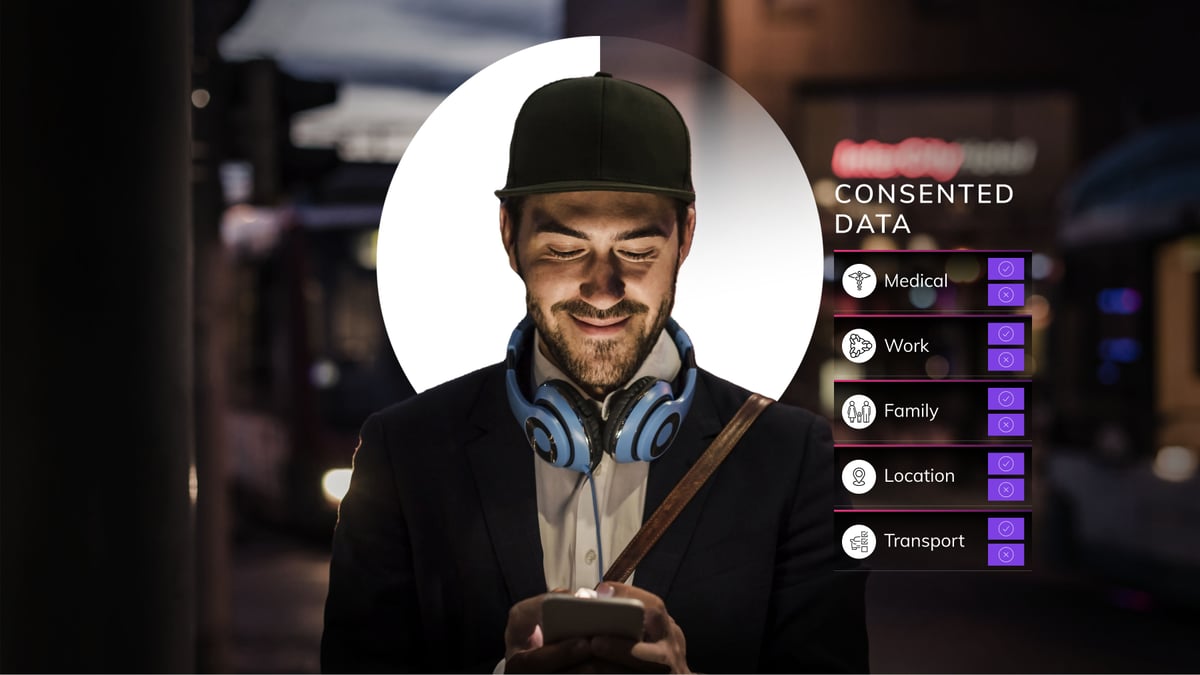
TONOMUS has built the world’s first data consent management platform. It is designed to restore trust to the data economy: citizens can see clearly who holds their data and how they can gain value from providing it. “In a cognitive city you are 100% aware and are in control of those decisions,” says Bradley. “In a smart city, most individuals are not aware.” Allowing access in today’s data economy can mean details are provided to up to 500 other websites, he points out. “The next thing you know, your information is compromised.”
In the cognitive city, trust is a gateway to data exchanges that can save not just time but lives. An AI cognitive system developed by TONOMUS would allow a user’s doctor to be supplied with vital data from their health tech so they might identify sickness and issue a prescription ahead of time. Healthcare, says Bradley, should not be dictated by occasional medical appointments but rather “interwoven” into daily life by cognitive technology that is “all about you as a human”.
Committed to data security and user trust, TONOMUS is underpinning its cognitive ecosystem with the hyper-scale secure Zero Point DC data center. Ubiquitous connectivity, described by Bradley as “digital air”, is essential at NEOM, which is rolling out 300 kilometers of fiber and installing 200 5G cell sites.
In the cognitive city, trust is a gateway to data exchanges that can save not just time but lives. An AI cognitive system developed by TONOMUS would allow a user’s doctor to be supplied with vital data from their health tech so they might identify sickness and issue a prescription ahead of time. Healthcare, says Bradley, should not be dictated by occasional medical appointments but rather “interwoven” into daily life by cognitive technology that is “all about you as a human”.
Committed to data security and user trust, TONOMUS is underpinning its cognitive ecosystem with the hyper-scale secure Zero Point DC data center. Ubiquitous connectivity, described by Bradley as “digital air”, is essential at NEOM, which is rolling out 300 kilometers of fiber and installing 200 5G cell sites.
40+
Staff come from countries
300+
Participants in its entrepreneurial masterclasses
32M
In a venture incubation studio
TONOMUS is building the future of urban living by attracting the brightest minds and partnering with global industry leaders. Its staff come from 42 countries and it has 300 participants in its entrepreneurial masterclasses to find seamless solutions that will unburden humankind. It is investing US$1.5 billion (SAR 5.64 billion) in a venture incubation studio, building a portfolio of 17 hyper-disruptive products with six ventures currently under acceleration.
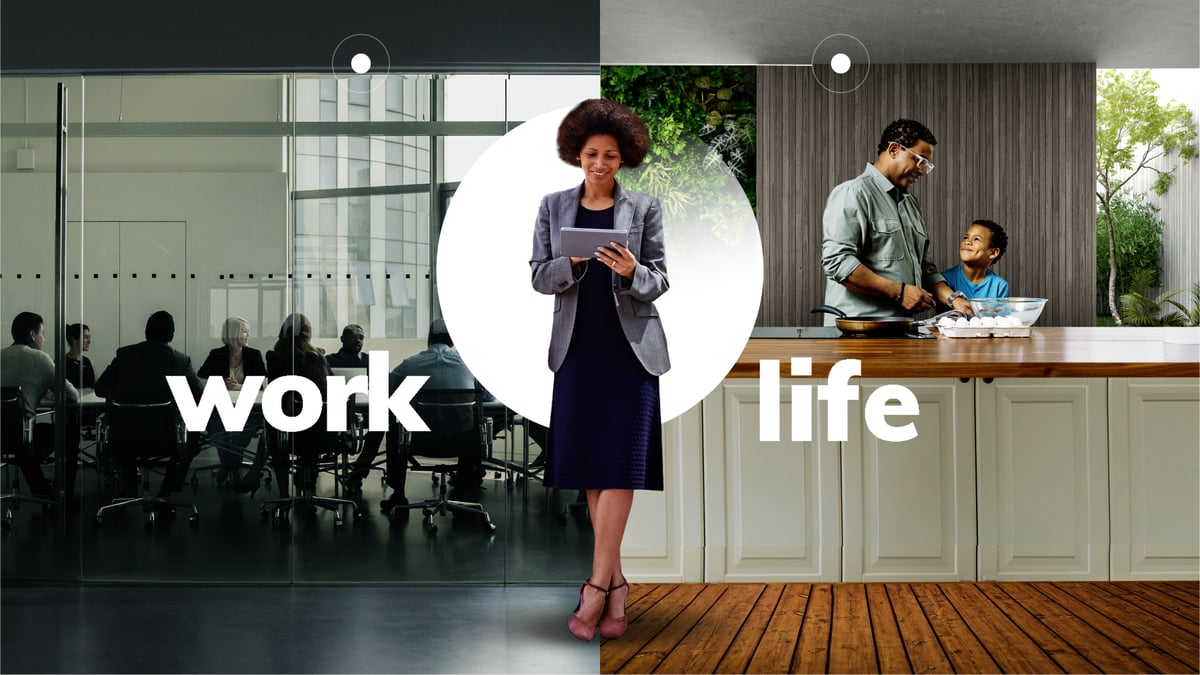
Standing at the head of this unrivaled team of innovators, Bradley is a visionary leader. A graduate of the University of California, Berkeley, he describes himself as an “applied futurist, author and cognitive city developer”. He has been at the forefront of the data and technology sectors for 30 years and rose to become Cisco’s Global Vice-President for Internet of Things (IoT), Blockchain, AI and incubation businesses. For nearly three years he has led delivery of NEOM.
He is also a father, a basketball coach and enjoys being “reverse mentored by millennials” as a means to understanding the future.
His dream is that his children will inherit not just a diverse world but an inclusive one. Building from scratch, TONOMUS is encoding inclusivity into the fabric of its cognitive infrastructure so that every resident serves in the decision-making calculus, enhancing their access to education, healthcare services and economic opportunities. “In a diverse world you have all aspects of the rainbow,” says Bradley. “But the potential to create value is in an inclusive world where all aspects of the rainbow are talking and communicating with one another. They’re engaged.”
And that inclusive world will be driven by cognitive cities, not merely smart ones.
He is also a father, a basketball coach and enjoys being “reverse mentored by millennials” as a means to understanding the future.
His dream is that his children will inherit not just a diverse world but an inclusive one. Building from scratch, TONOMUS is encoding inclusivity into the fabric of its cognitive infrastructure so that every resident serves in the decision-making calculus, enhancing their access to education, healthcare services and economic opportunities. “In a diverse world you have all aspects of the rainbow,” says Bradley. “But the potential to create value is in an inclusive world where all aspects of the rainbow are talking and communicating with one another. They’re engaged.”
And that inclusive world will be driven by cognitive cities, not merely smart ones.
